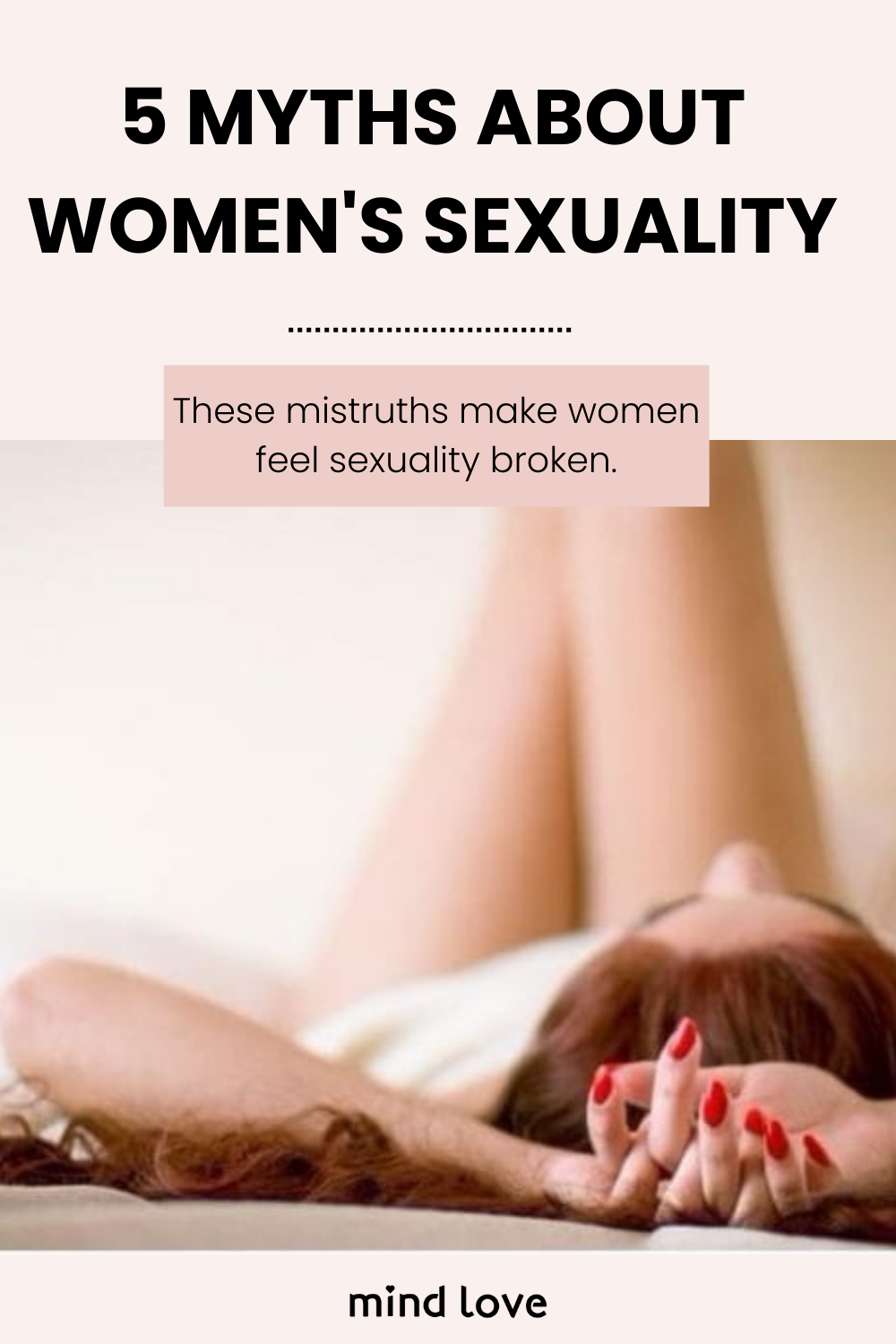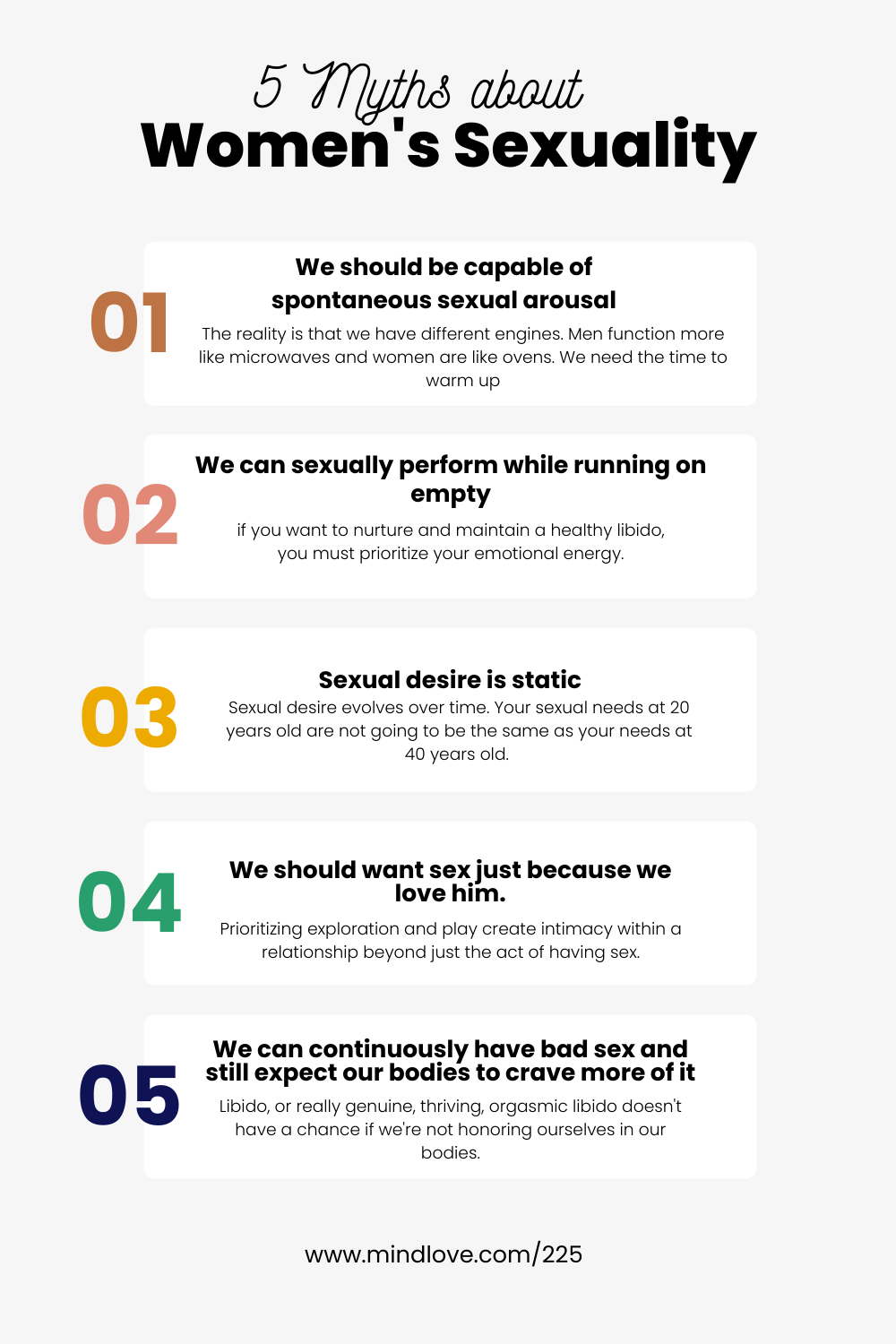
When you first fall in love, everything is new and exciting, especially sex. Your partner is always on your mind, and all you can focus on is how incredibly wonderful they are. You lose hours of sleep in those first months because you can’t keep your hands off of each other. But as time goes on and life gets busy, it’s easy to let the spark fizzle out. So what changes? And is it possible for sex to be great even when you’ve been together for 20, 30, or even 40 years?
Sex is unique in the beginning
If you’ve been in a long-term relationship, you know that sex is different in those beginning stages. Irene Fehr, Certified Sex & Intimacy Coach, attributes this to the different motivations for sex. With someone new, biology is a driving factor in your desire to have sex with them, Coach Fehr tells us. Your body follows its natural instinct to procreate. Sex with a new partner is exciting, it’s novel, and it feels really good. But this type of sex drive doesn’t last in a long-term relationship. After you’ve performed the act so many times, your body assumes the job is done and that biological sex drive fades.
Another type of sex drive that is alive in the beginning stages of a relationship is validation-driven sex, Coach Fehr explains. When someone chooses you as their sexual partner, it’s a very validating feeling. And likewise, sex is a great way for you to help your partner feel loved, desired, and cared for. But just as biological sex drive fades with time, so does validation sex drive. After so many years of loving and validating your partner, this becomes less of a priority.
So if biology and validation aren’t enough to keep us enraptured with the one we’ve chosen as our long-term partner, how do we develop an intimate connection that will stand the test of time? After working with thousands of couples, Coach Fehr has found that one of the major setbacks in long-term intimacy is the pressure that society puts on women to perform.
“There’s so much broken around how we talk or don’t talk about sex and relationships – all the different myths that are out there about women’s libido and what it is like to keep your libido going in a long term relationship,” Coach Fehr explains.
5 Myths that cause women to feel sexually broken
- Myth 1: Women should be capable of spontaneous sexual arousal
- Myth 2: Women can spend all of their energy elsewhere, and still expect themselves to deliver amazing results in the bedroom
- Myth 3: Sexual desire is static
- Myth 4: A woman should want to have sex with the man she loves just because she’s with him
- Myth 5: A woman can continuously have unpleasant sex and still expect her body to crave more of it
The first step to healing a sexless marriage (or long-term relationship) is understanding the root of the problem, so let’s bust through each of these myths, one by one.
Myth 1: Women should be capable of spontaneous sexual arousal
Our culture and media cause women to feel sexually broken by misrepresenting women’s sexuality. Coach Fehr tells us that while individual variation exists, in general, women’s and men’s libido function differently.
“The reality is that we have different engines. Men function more like microwaves, they punch in the time and they can go to the highest temperature very quickly. And women are like ovens. We need the time to warm up. We need the right conditions, but then we can stay hot for a long period of time as an oven could,” says Fehr.
In fact, Fehr says there are seven stages to female arousal and just like you can’t properly bake a cake in an oven that isn’t fully pre-heated, the same level of pleasure cannot be achieved if couples don’t take the time for a woman to become fully aroused.
Myth 2: Women can spend all of their energy elsewhere, and still expect themselves to deliver amazing results in the bedroom
“The second myth is that we can do it all,” says Coach Fehr, “We can spend all of our energy everywhere else and still expect ourselves to be desirous and sexually active on top of it at the end of the day. And it’s a really damaging myth that we put on ourselves . . . that we can run on an empty cup and still deliver amazing results in the bedroom.”
As cliché as it sounds, you can’t pour from an empty cup. It’s not just about making time for sex. Fehr says that if you want to nurture and maintain a healthy libido, you must prioritize your emotional energy. “The activities that light you up and fill your cup allow you to bring better quality energy into the relationship, not the exhausted resentful kind, but [the kind that is] energized and excited and full of desire,” she says.
Myth 3: Sexual desire is static
Sexual desire depends on a lot of factors like stress, mood, connection, sleep, and emotional energy expenditure like we talked about in Myth #2. In addition, sexual desire evolves over time. Your sexual needs at 20 years old are not going to be the same as your needs at 40 years old. Fehr says it’s important to take the time to check in with yourself and really understand what kind of pleasure you need. “There are different times in our lives, there are different times of the day when we need different things. And it’s about giving ourselves permission to change our mind and to be okay with it.”
Myth 4: A woman should want to have sex with the man she loves just because she’s with him
“There’s so much more to sex than just the friction part or the orgasm part,” Fehr tells us, “It’s the identity part, like ‘Who am I?’ And ‘What’s my role in sex? Am I just here to please my partner? Or am I here to receive pleasure?’”
Fehr says that couples need unstructured time to just be with each other. Prioritizing exploration and play create intimacy within a relationship beyond just the act of having sex.
Myth 5: A woman can continuously have unpleasant sex and still expect her body to crave more of it
If you ask any woman, likely she will tell you that at some point in her life she has agreed to have sex when she wasn’t exactly craving it. Fehr says that doing this continually puts women out of integrity with their bodies and leads to unpleasant sex.
“Libido, or really genuine, thriving, orgasmic libido,” says Coach Fehr, “Doesn’t have a chance if we’re not honoring ourselves in our bodies . . . It’s not healthy to be out of integrity with ourselves, and this is one of the most fundamental reasons that I see so many women and consequently so many couples struggling with sexless marriages.”
Couples need to build trust within their relationship so it feels safe to communicate honestly about sexual desires and boundaries. Coach Fehr refers to this as “relationship grounding” and the first and most important stage in her seven stages of female arousal. If we go back to her oven analogy, grounding is like turning the oven on – absolutely essential to achieving the ultimate goal.
Fehr says we need to consciously and intentionally take time to ground ourselves with our partners. There are many ways to do this, but most importantly is about being present.
“Take time to notice each other’s breath, maybe even name things that are happening in your bodies, just to get on the same page and start to drop in and sink in,” Fehr advises. “Ensuring that this stage happens and happens thoroughly, is going to create fertile ground for the other stages of arousal and orgasm to happen.”
This grounding stage is important for couples to build trust within their relationship. It is the first step to what Fehr refers to as “Connection Driven Sex”. Unlike “Biologically Driven Sex” and “Validation Driven Sex”, sexual desire rooted in connection stands the test of time. When couples feel safe to be vulnerable and communicate honestly, a foundation is laid for deep satisfying intimacy that can evolve naturally and grow over time. It creates space for sex to be exciting and new even when you’ve been together for many years.
How to get in touch with your own pleasure
So now that we’ve busted through the myths and defined the kind of intimacy that can sustain through a long-term relationship, let’s talk about a manageable first step to creating this kind of connection in your own relationship.
Fehr says that to get ultimate pleasure within a relationship, you must first get in touch with your own pleasure. When you understand your own pleasure, you begin to build a vocabulary for communicating your needs with your partner. You can start by giving yourself permission to indulge in the little pleasures of life, what Fehr calls a “pleasure pause”.
“Please, take 15 minutes for yourself to enjoy a cup of tea and really taste it,” Coach Fehr counsels, “Or go outside and listen to the birds. Or turn on your favorite music and dance to it and feel that pleasure in your body. It’s not about, for example, going for a run and feeling the adrenaline because you feel successful, but really doing something that fills you up with sensations, with a pleasurable experience in your body.”
Now that you are aware of the societal myths that might be affecting your sex drive, you can begin to unravel their hold on you. Knowing what you enjoy is the first step to communicating your desires with your partner. If you don’t understand your needs, how can you expect your partner to?
Building sustainable intimacy in your relationship isn’t just about having great sex. Your personal satisfaction affects your mental and physical health and the way you show up in the world. When you show up in the world genuinely satisfied, fulfilled, and happy, you bring that energy into everything you do. You perform better at work, your family benefits, you’re more creative, and you model what it means to be truly healthful for generations to come. So get out there and take a pause for pleasure. The world will be better for it.
To learn more listen to Mind Love Episode 225: How to Want Sex Again with Irene Fehr
Share This





